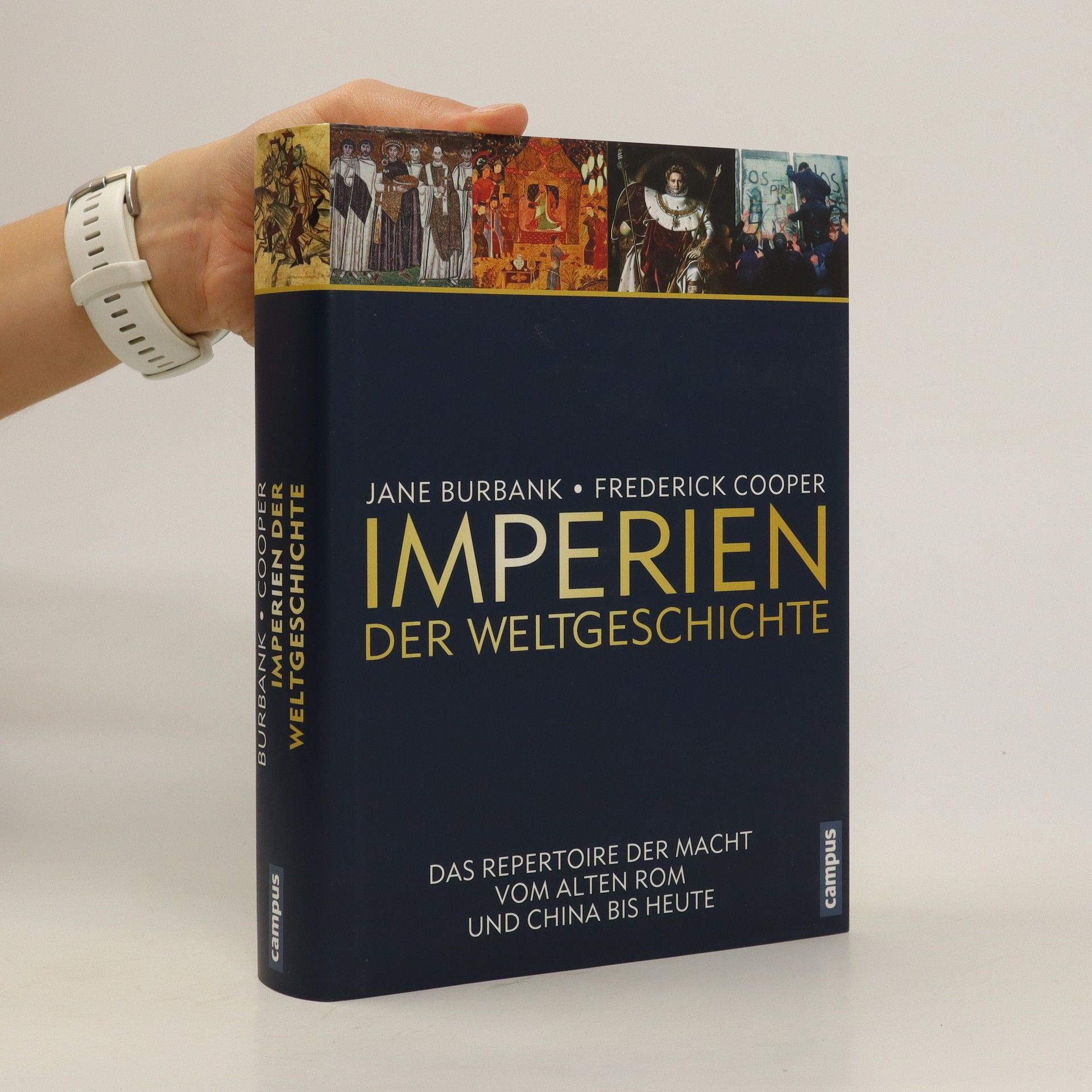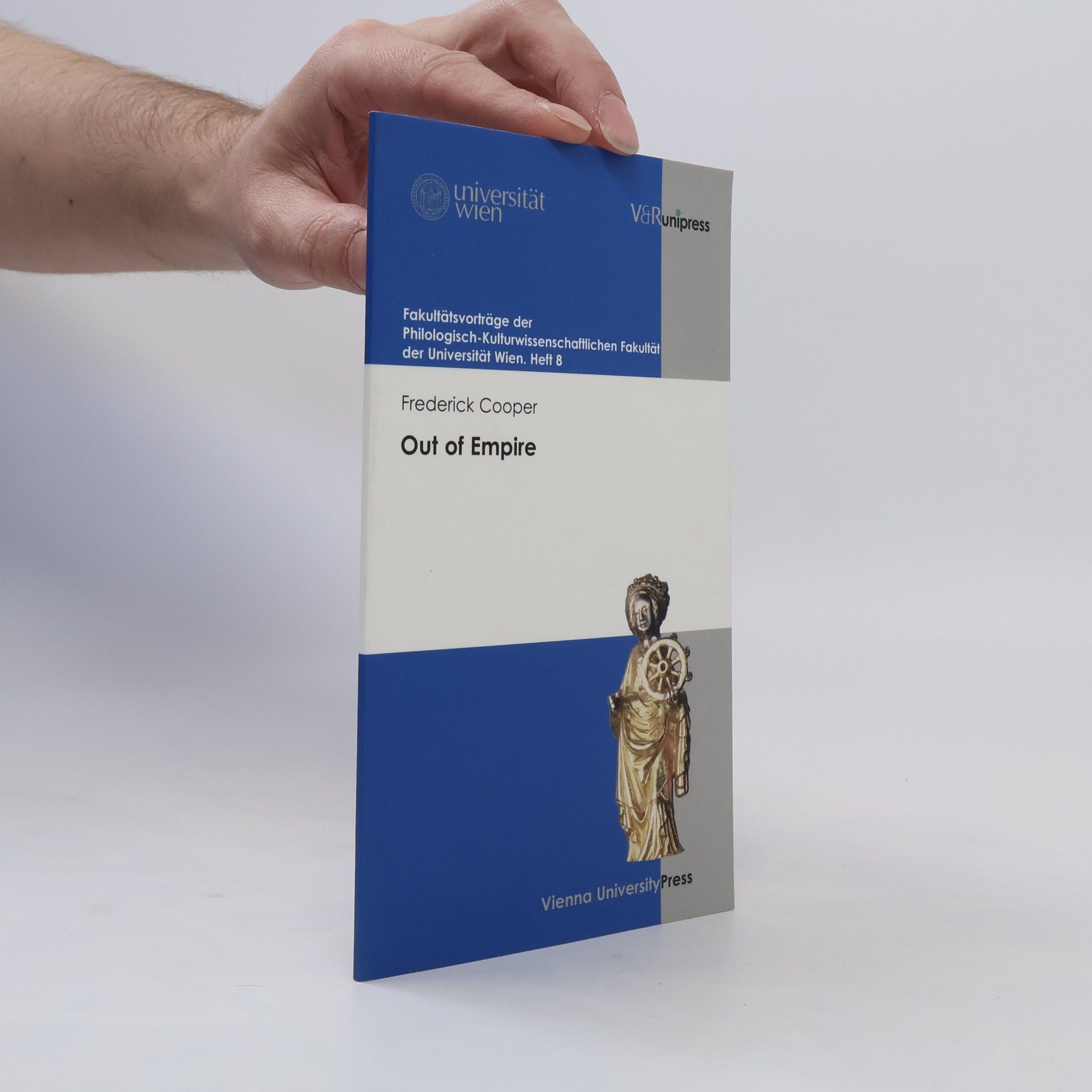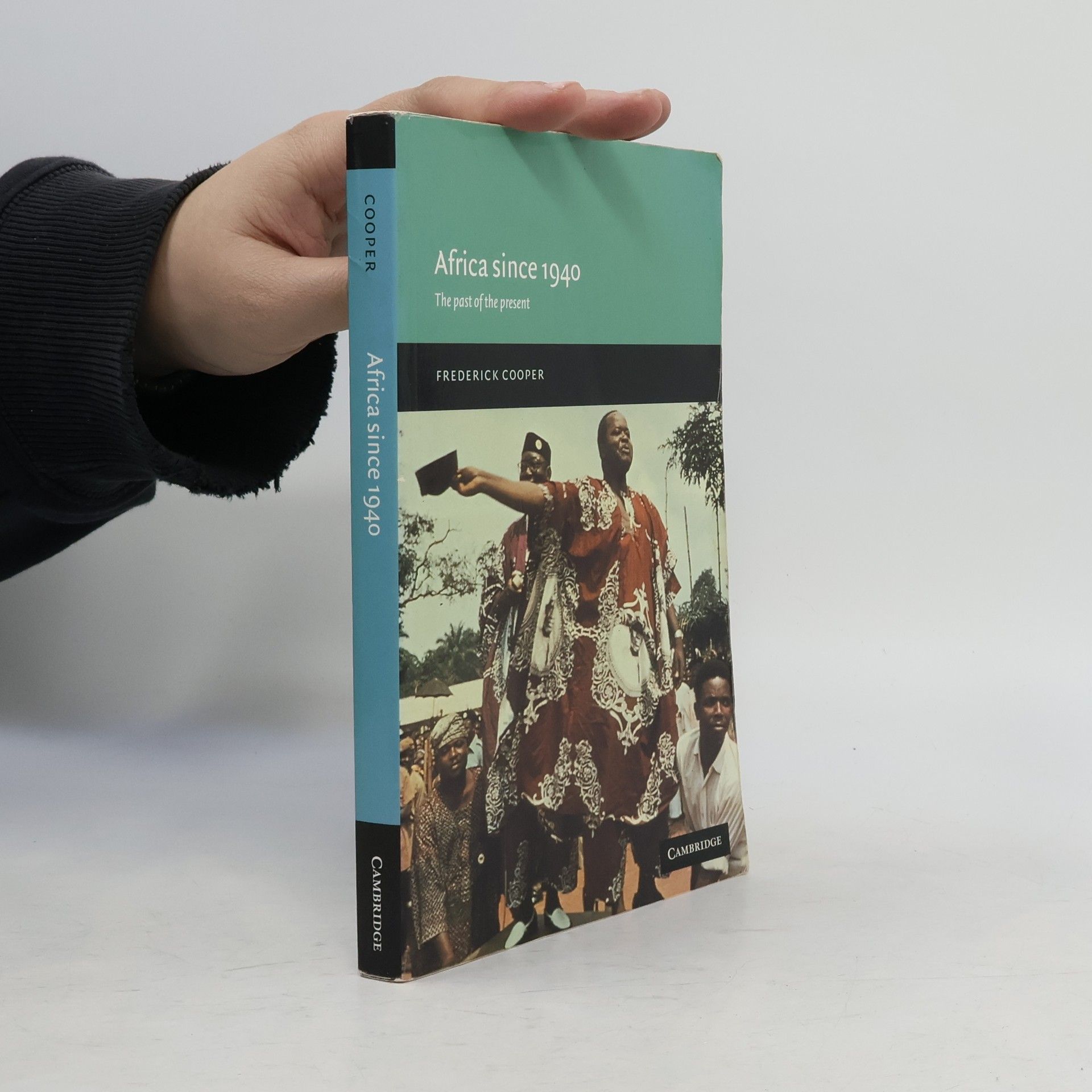This textbook bridges colonial and post-colonial history to explain the effects of political independence on the populace.
Frederick Cooper Livres
Frederick Cooper est un historien américain dont les travaux se concentrent sur le colonialisme, la décolonisation et l'histoire de l'Afrique. Ses recherches sont passées de premières études sur le mouvement ouvrier en Afrique de l'Est à une réflexion plus large sur les systèmes coloniaux. Une contribution conceptuelle majeure est son idée de « l'État gardien », qui offre un aperçu de la dynamique du pouvoir colonial et de ses transformations.





"Offers an overview of citizenship's complex evolution, from ancient Rome to the present. Political leaders and thinkers still debate, as they did in Republican Rome, whether the presumed equivalence of citizens is compatible with cultural diversity and economic inequality. The author presents citizenship as 'claim-making'--the assertion of rights in a political entity. What those rights should be and to whom they should apply have long been subjects for discussion and political mobilization, while the kind of political entity in which claims and counterclaims have been made has varied over time and space. Citizenship ideas were first shaped in the context of empires. The relationship of citizenship to 'nation' and 'empire' was hotly debated after the revolutions in France and the Americas, and claims to 'imperial citizenship' continued to be made in the mid-twentieth century. [The author] examines struggles over citizenship in the Spanish, French, British, Ottoman, Russian, Soviet, and American empires, and ... explains the reconfiguration of citizenship questions after the collapse of empires in Africa and India. The author explores the tension today between individualistic and social conceptions of citizenship, as well as between citizenship as an exclusionary notion and flexible and multinational conceptions of citizenship."--
Machtbeziehungen in kolonialen Kontexten: Initiativen von oben, von unten und dazwischen
Understanding Power Relations in a Colonial Context: Top-Down, Bottom-Up, In-Between
Out of Empire
Redefining Africa’s Place in the World
The history of decolonization is usually written backward, as if the end-point (a world of juridically equivalent nation-states) was known from the start. But the routes out of colonial empire appear more varied. Some Africans sought equal rights within empire, others to federate among themselves; some sought independence. In London or Paris, officials realized they had to reform colonial empires, but not necessarily give them up. The idea of “development” became a way to assert that empires could be made both more productive and more legitimate. Frederick Cooper explores how these alternative possibilities narrowed between 1945 and approximately 1960.
Für die Herrscher von Imperien galt es stets, die verschiedensten Bevölkerungsgruppen zu integrieren und trotz dieser Vielfalt ihre Macht zu bewahren. Das Repertoire an Machtstrategien, das sie dabei anwendeten, schildern Jane Burbank und Frederick Cooper in einer zwei Jahrtausende umspannenden Reise durch die Geschichte der großen Weltreiche. So konnten Imperien Hierarchien und soziale wie ethnische Unterschiede aufrechterhalten, neue begründen oder sie durch Integration aufheben. Dieser Umgang mit Vielfalt, die jeweilige Politik der Differenz, war – wie Burbank und Cooper zeigen – der Schlüssel für Aufstieg und Niedergang aller Imperien. Mit dieser Erkenntnis ermöglichen sie ein neues Verständnis der großen Reiche in der Weltgeschichte. Und erzählen dabei auf unterhaltsame Weise vom Schicksal zahlreicher Völker und Dynastien: vom antiken China und Rom über das Osmanische, das spanische und das Reich Karls des Großen bis hin zu Russland, Großbritannien und den USA.